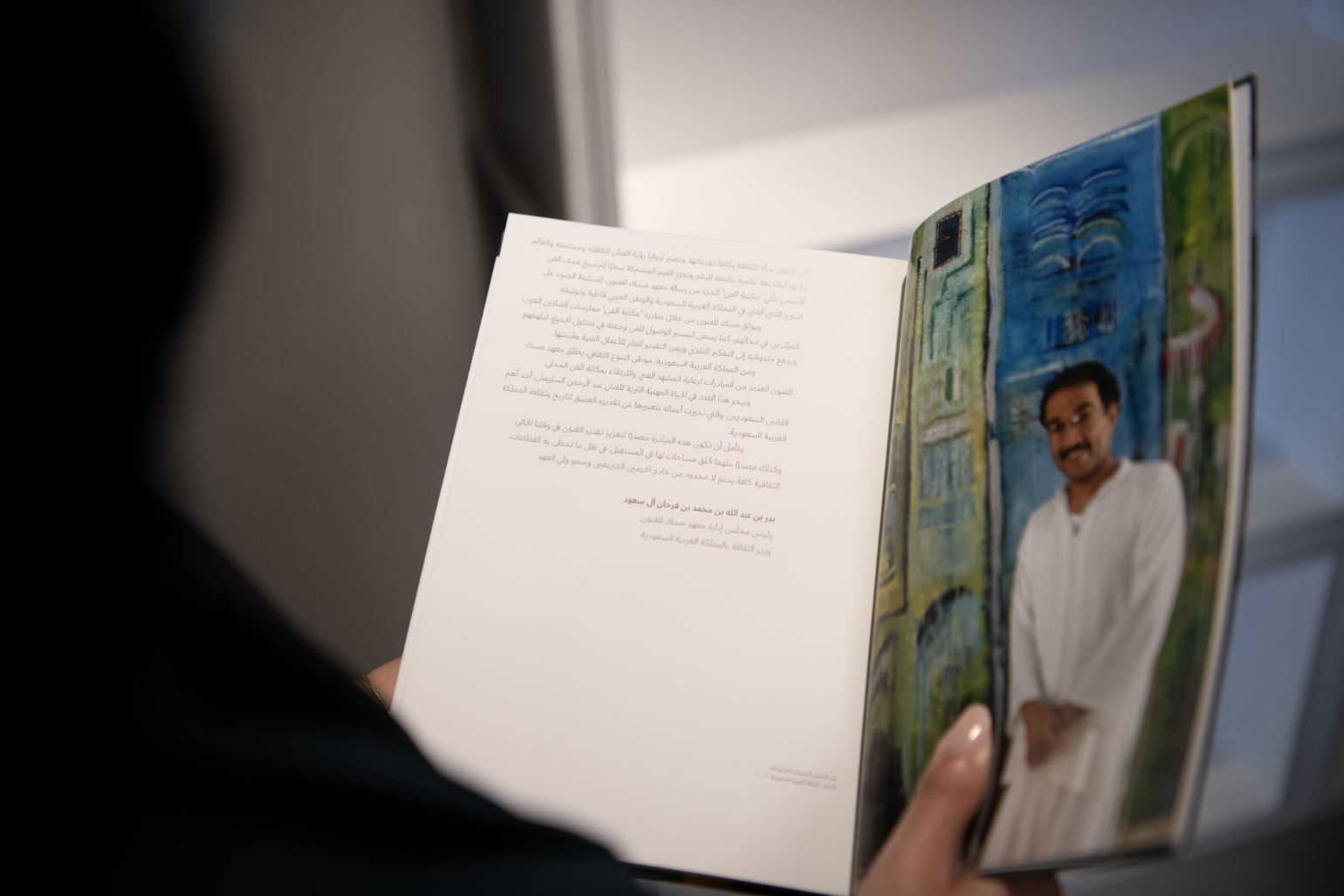
Did you know that the average time a person spends browsing their mobile phone exceeds three hours daily? At the same time, reading hours have declined noticeably. This contradiction prompts us to ask: Have we lost our passion for the written word? Or have we simply forgotten its value?
In today's world of rapidly changing information technology and updates, we find ourselves drowning in a sea of news and online updates, finding ourselves switching between social media platforms every few minutes or even seconds, reading a quote here and a news item there, and deceiving ourselves that we have consumed our daily portion of knowledge, reading and information! Strangely, we really feel bloated with content.
What we read today, and how we read it, leaves its mark on our thoughts and concepts for years to come. Its influence even extends to affect our way of thinking and our view of the world around us, and of the people we meet. To preserve the essence of "human curiosity and love of knowledge" that distinguishes humans, we must organize the flow of information we receive so as not to become "half-educated" - truly, "a half-educated person is more dangerous than an ignorant one, and half-knowledge is more dangerous than ignorance!" For an ignorant person, their ignorance may spur them to learn, but the half-educated have obtained the husks but left the core, thinking knowledge is just these husks. Thus they are neither truly knowledgeable to benefit from their knowledge, nor truly ignorant to recognize their need to learn.
Reading is not just a hobby, but an investment in oneself. Every book we read adds to our body of knowledge, develops our personality, improves our skills, and is an effective way to broaden our horizons, stimulate our imagination and increase our critical thinking ability.
While modern digital knowledge sources, such as articles and podcasts, provide easy access to information, they do not replace reading books. Books, whether paper or digital, represent huge repositories of organized, vetted knowledge, allowing us to delve deeply into various fields and understand them comprehensively. As al-Jahiz said, "A book is a companion that does not bore you,
a friend that does not deceive you, a companion that does not tire you, a guest that does not trouble you, a neighbor that does not disturb you, and an associate that does not want to extract what you have through flattery, nor deal with you through trickery, nor deceive you with hypocrisy, nor scheme against you with lies." However, life is too big for any one person to encompass, and knowledge is too vast for any mind - however diligent and hard-working - to contain. And in its simplicity, the universe is an open book, its pages full of mysteries and wonders. Each of us must know which books suit us, for proper reading is reading where the reader understands what and why they read and understands where this book will place them on the map of knowledge, and how they will move from that point to another point until they reach a specific destination.
Before thinking about the question "What should we read?", always remember that we are a product of what we read. Look at what kind of product you want to become. Spend a little time with yourself and ask some questions that will help you determine your true motivations for reading:
Also think about what your goals are for reading.
What types of books interest you?
Remember that the essence of reading lies in developing critical and creative thinking skills, not just accumulating information. Instead of reading being a tool to collect and store facts, it is a journey that develops our ability to: analyze, infer, induct, think critically, be creative, and expand our thinking to encompass what surrounds us. This makes us producers of ideas, not just consumers of them.
How Can We Read in Today's World?
In the busy-ness of our multiple responsibilities, we may neglect the importance of reading and its tremendous benefits. However, dedicating even a short amount of time to reading can make a big difference in our lives by following some simple tips. You can turn reading into an enjoyable and beneficial daily habit:
Remember that a reader breathes in knowledge like air and moves their thoughts, learning about different cultures and civilizations that enrich their experiences. They also connect with great thinkers through books and develop their personality and self-discovery. In contrast, someone who does not read has a present body but an absent mind - their thinking is narrow and their world small without developing their personality or benefiting from others' experiences. Make reading your companion in every step, and be the living person through their mind, not the dead one through ignorance.